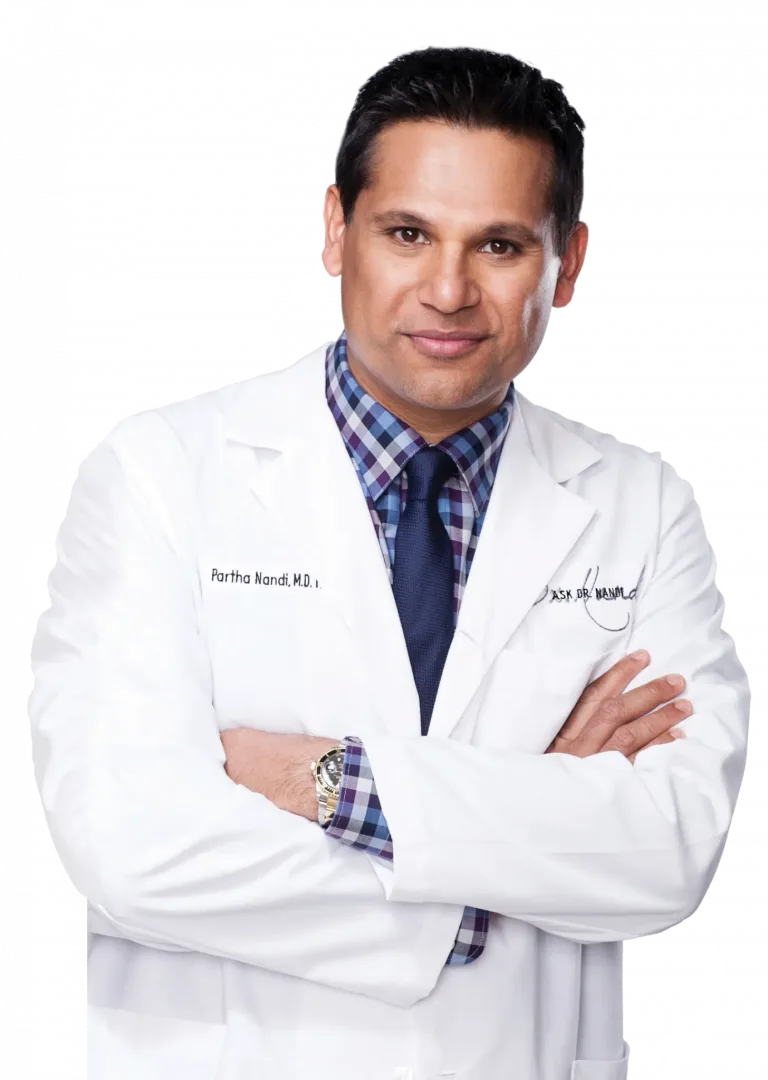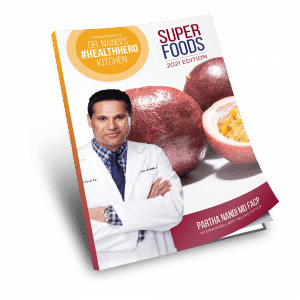By 2025, there will be over 1 billion women experiencing menopause in the world, which will be 12% of the entire world population of 8 billion women. It is estimated that hot flashes and night sweats, common symptoms of menopause, will be experienced by approximately 75% of them. These, along with other conditions such as mood changes, anxiety, and depression can lead to a significant reduction in a woman’s quality of life as she ages. (1)
The most commonly used menopause management method is hormone therapy. However, this treatment comes with some risks including documented cases of blood clots, stroke, and some cancers. Is there an easier way to manage your menopause?
Your Gut Health Matters
Recent studies are now focusing on the health of the gut for answers to why some women experience devastating menopause symptoms and others do not. Promising results indicate that a specific group of bacteria in the gut may be responsible for the metabolism of estrogen, the hormone that fluctuates during menopause resulting in a host of uncomfortable symptoms.
“One set of functions that a specific group of gut bacteria has is managing our estrogen metabolism,” says Dr. Aviva Romm, author of the recently published bestseller Hormone Intelligence. She states that this group of about 60 different types of gut bacteria and fungi is collectively known as the estrobolome and that we actually have a lot of control over its makeup, which in turn can make menopause symptoms easier to manage. (2)
According to Dr. Mindy Perez, author of The Menopause Reset, we have to have the right gut bacteria in our estrobolome in order for estrogen to be metabolized. If estrogen is not broken down and metabolized, it cannot be used for its various jobs, which include contributing to cognitive function, mood regulation, skin and hair health, and even protecting against heart disease. “If your cells don’t use it, it’s stored in tissue, and that may lead to cancer. The estrobolome is important because it transforms estrogen into its usable form.” (2)
Improve Your Diet
Nourishing your estrobolome is the best action you can take to look after your gut health. This means including a variety of plant foods in your diet because they contain fiber, polyphenols, and probiotics essential for maintaining the balance of your estrobolome bacteria. These include fruits, vegetables, nuts, seeds, spices, and herbs. “You have to feed the good bacteria in your gut to navigate menopause,” Dr. Pelz says. “If you don’t, it’s going to be a rocky ride.”
In addition to a healthy diet, pay attention to other factors such as environmental issues, antibiotics, sleep disturbances, and psychological stresses which can also lead to an unbalanced estrobolome.
Women have long been told that menopause symptoms are a given and that controlling their intensity and effects on the body is basically out of their hands. It is encouraging to see that menopause symptoms can be significantly controlled by what you eat.
SOURCES






